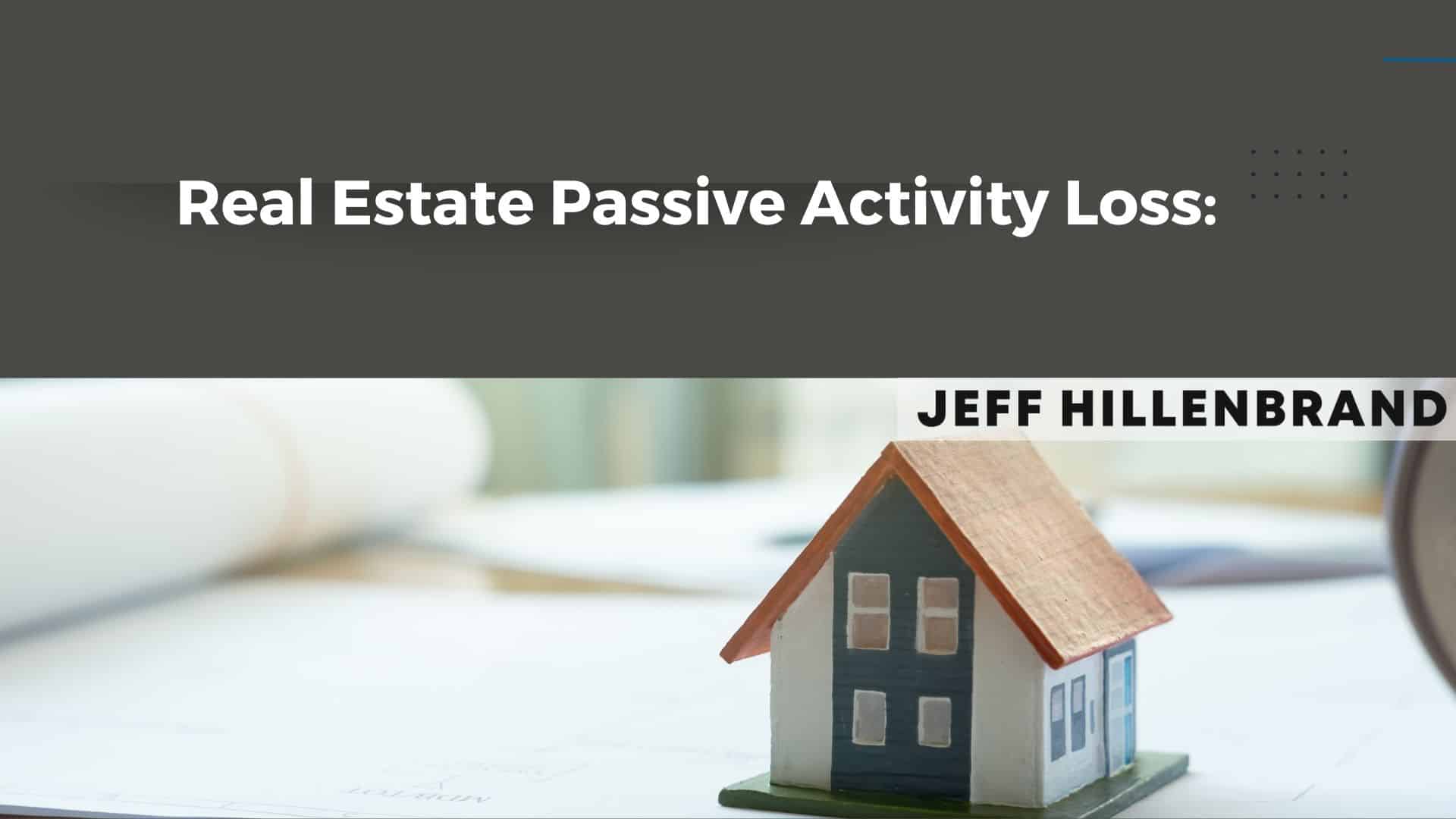
In Houston, 73% of rental property owners miss out on tax savings. This is because they don’t fully understand the tax benefits of their properties. The IRS has rules for rental income and losses that are key in Texas’ fast-growing housing market.
The IRS says you can’t deduct losses from rental properties if you don’t manage them. For Houston investors, this presents both chances and hurdles. Our team at New Homes Houston Texas helps match local market trends with federal tax laws to improve your finances.
Texas doesn’t have a state income tax, making federal deductions even more critical. But, Houston’s rental market and hurricane risks need careful planning. We’ve seen investors get audited by not correctly counting their active hours or not knowing the rules on material participation.
Key Takeaways
- IRS rules limit deducting rental losses unless you qualify as an active participant
- Houston’s unique market conditions impact tax strategy effectiveness
- Proper documentation of management hours is critical for compliance
- Texas-specific regulations interact with federal passive loss limitations
- Working with local experts maximizes deductible expenses legally
Understanding What Is Real Estate Passive Activity Loss
Real estate investments in Houston come with complex rules. These rules help property owners use expenses to offset rental income. This is key for better tax outcomes. At New Homes Houston Texas, we help investors understand these rules.

IRS Definition of Passive Activities
The IRS says an activity is passive if you don’t actively work on it. For Houston rental properties, this is the default unless owners meet certain requirements. Let’s look at what this means for local investors.
How Rental Properties Qualify
Most Houston rental properties are considered passive. But, owners can change this by:
- Spending 500+ hours a year on property management
- Making all major decisions without managers
- Keeping detailed records of repairs and tenant interactions
IRS audits often check the quality of these records to see if owners are actively involved.
Non-Participation Thresholds
Owners are not considered actively involved if they:
- Let licensed professionals manage the property
- Spend less than 100 hours a year on oversight
- Only look at financial reports without getting involved
In Harris County, the IRS is strict about these rules, even for big properties.
Knowing these rules helps Houston investors plan better. Our team uses IRS rules and local knowledge to help investors. We aim to maximize tax benefits while staying within the law.
Passive Activity Loss Rules in Houston Real Estate
Houston property investors face a complex regulatory landscape. Federal rules on passive activity loss limitations are the base. But, Texas homestead exemptions and Harris County documentation rules add more complexity. The Weston v. Commissioner case shows this challenge – a local investor lost deductions by misapplying IRS passive loss rules to a property partially covered under state exemptions.

Federal Guidelines vs Local Requirements
The IRS defines passive activities as those where owners don’t materially participate. But, Texas law has three key variations:
- Homestead exemptions reduce taxable value but limit deduction claims
- Harris County requires certified expense tracking for rental properties
- State disaster declarations (like hurricane recovery periods) alter deduction timelines
Who Qualifies for Deductions?
Houston investors must meet four criteria to claim passive losses:
- Prove non-active ownership status through time/effort documentation
- Maintain income below $150,000 for full deduction access
- File county-specific tax forms alongside federal Schedule E
- Demonstrate at-risk capital using Texas-approved accounting methods
We recommend using digital tools that sync IRS standards with Harris County’s filing portal. This helps avoid compliance gaps. Proper documentation is key during audits, even more so for properties in flood-prone areas needing special loss calculations.
Active Participation vs Passive Investor Status
Houston property investors need to understand the difference between active and passive investor status. This is key to getting the best tax benefits. The IRS has strict rules to see if your real estate work can get loss deductions. Material participation tests are the main way to check this.

Material Participation Tests
The IRS lists seven ways to qualify for material participation. But, Houston investors often use just two main methods:
500-Hour Annual Engagement
To meet the 500-hour rule, you must show you’re really involved in the property. In Houston’s fast-paced rental market, activities that count include:
- Tenant screening and lease negotiations
- Property maintenance coordination
- Local contractor management
- Financial record analysis
Substantial Services Requirements
If you manage many properties, you need to do more than just watch over them. The IRS sees these Houston activities as substantial:
- Creating special tenant retention plans
- Preparing for hurricanes
- Handling Harris County tax matters
- Managing property-specific upgrades
It’s wise to keep time logs and digital records to back up your claims for passive losses. Houston’s real estate scene is always changing. So, it’s important to keep track of local upkeep costs and disaster expenses.
Calculating Passive Losses on Houston Properties
First, we figure out what costs you can deduct. This is key to finding out your passive losses in Houston. We make IRS rules easy to follow for different types of properties. This includes condos in Montrose and rentals in the Energy Corridor.
Knowing which costs you can deduct is important. It helps you save on taxes but also keeps you out of trouble with the IRS.
Expense Categories That Count
IRS Section 263A rules tell us when to deduct costs right away or when to spread them out. In Houston, these rules are very important for:
- Hurricane-related repairs (deductible in year completed)
- Energy-efficient HVAC upgrades (capitalized over 27.5 years)
- Routine landscaping (100% deductible)
- Leasing commissions (amortized over lease term)
For example, a Heights duplex owner saved a lot by splitting costs. They treated roof replacement as a long-term investment and gutter repairs as an immediate expense.
At-Risk Investment Limitations
In Houston, you can only deduct losses up to how much you personally invested. Our team follows three IRS rules:
- Count cash contributions and property basis
- Exclude non-recourse loans from at-risk calculations
- Track suspended losses annually using Form 8582
A client in Memorial saved $11,200 by showing they had a $280,000 at-risk investment. We give worksheets that match IRS standards to make tracking easier.
Annual Deduction Limits and Phase-Outs
Houston real estate investors often miss out on big tax savings. This is because they don’t understand the IRS’s rules on how much they can deduct. We’ll explain how the $25,000 allowance and MAGI thresholds affect your yearly deductions.
The $25,000 Special Allowance Explained
If you actively manage rental properties, you can deduct up to $25,000 in losses. These losses can be taken against your regular income. But, this benefit starts to fade when your modified adjusted gross income hits $100,000. It disappears at $150,000.
Many investors think this rule applies to all their properties. But it only works if you:
- Make decisions like choosing tenants
- Spend more than 10% of your time on property matters
- Own at least 10% of the property
Navigating MAGI Caps Effectively
Your modified adjusted gross income is your total taxable income plus certain add-ons. For 2023, the phase-out ranges are:
- Single filers: You get the full deduction below $100k MAGI
- Joint filers: The phase-out starts at $100k
- All investors: No deductions above $150k MAGI
We guide Houston clients on how to use MAGI to their advantage. This includes making smart retirement contributions and investing in energy-efficient upgrades. Remember, any unused passive loss carryover can be used in future years. This is a valuable tax benefit that many overlook.
Material Participation Exceptions for Owners
Houston property owners can get tax benefits by showing they actively manage their properties. The IRS has rules that let landlords deduct losses if they meet certain criteria. We’ll look at how to qualify through active management and detailed records.
7 IRS Qualification Tests for Active Involvement
The IRS has seven tests to see if you actively manage your property. If you meet any of these, you’re not seen as a passive investor:
- 500+ hours spent annually on property operations
- Complete control over daily management decisions
- Equal participation time compared to other service providers
- 100+ hours plus more involvement than any other individual
- Consistent participation across 5 of the last 10 years
- Historical material participation in personal service properties
- Combined efforts meeting specific hourly thresholds
Primary Management Role Essentials
Houston landlords often qualify by being hands-on. The IRS counts activities like tenant screening and lease negotiations as qualifying work. The Groetzinger case shows that regular involvement is more important than occasional visits.
Documentation Requirements That Hold Up
Keep these records to prove you actively manage:
- Dated logs of property-related meetings and decisions
- Service provider contracts showing your oversight role
- Time tracking reports for all management activities
- Bank statements proving direct handling of expenses
Smart investors can combine their hours with their spouse’s to meet requirements. Using digital tools like property management software helps keep records for the IRS.
Houston-Specific Rental Property Considerations
Understanding tax strategies for rental properties in Houston is key. You need to know local rules and risks. We’ll look at two important factors: Harris County’s rules and how to deal with hurricane damage.
Harris County Tax Certifications
Houston investors must follow Harris County’s homestead exemption rules. This is to get benefits from passive income real estate. The 2021 Root v. Commissioner case made it clear that not filing by April 30 can mean losing deductions. You’ll need:
- Proof of primary residence status
- Annual property tax statements
- Notarized occupancy affidavits
These steps help ensure you’re eligible for real estate tax deductions in the county.
Hurricane Damage Write-Offs
FEMA disaster declarations in Houston offer special deduction chances. You can write off hurricane damage if you meet three conditions:
- Damage happened during a federally declared emergency
- Losses are more than what insurance paid
- You have the right documents (repair estimates, before/after photos)
Texas law lets you write off storm damage faster. Keep records of any repair costs. These can get you tax breaks at both the federal and state levels.
Tax Benefits Through Passive Loss Carryover
Houston real estate investors can turn temporary setbacks into long-term tax advantages. They do this by using passive loss carryovers wisely. These suspended losses become valuable when properties appreciate or income streams change. This creates chances to reduce future tax liabilities.
Carryforward Time Limits
The IRS lets you carry forward unused passive losses indefinitely. This happens until one of two events occurs:
- You generate enough passive income to cover the losses
- You fully sell the property in a taxable deal
For instance, a Houston investor with $25,000 in annual suspended losses can build up to $125,000 in carryovers over five years. If they sell a property that gained $200,000 in value, these losses can offset up to 25% of the taxable gain. This is under current IRS rules.
Offsetting Future Capital Gains
Passive loss carryovers are very powerful when selling Houston rental properties. Here’s how it works:
- Calculate total suspended losses from prior years
- Apply losses against capital gains from the property sale
- Use remaining losses against other passive income sources
Imagine a Montrose condo selling for $150,000 in capital gains. With $60,000 in accumulated passive losses, the investor only pays taxes on $90,000 of gains. This strategy gets even more effective as Houston home values rise 4-6% each year.
We suggest talking to a tax professional. They can help make sure you follow IRS rules on active participation and at-risk investments. This is important for using these strategies correctly.
Common Mistakes Houston Investors Make
Even seasoned real estate investors can make mistakes with passive activity loss limitations in Houston’s market. We’ve found common errors that lead to IRS attention and limit real estate tax benefits. Here’s how to steer clear of them.
Mixing Personal Use Days
Many owners unknowingly lose deductions by using properties more than allowed. Vacation homes near Galveston are often audited when owners:
- Claim full deductions for family gatherings
- Don’t document rental availability in off-seasons
- Don’t properly allocate repair trips with leisure activities
The Richmond Television Corp. case shows how personal use can change a property’s status. This blocks loss claims. We suggest keeping separate calendars for personal and rental days. This method passes IRS checks.
Improper Expense Allocation
Houston’s weather makes it hard to categorize expenses. Investors often make mistakes with:
- Major floodproofing upgrades as routine repairs
- Pool installations as maintenance costs
- Post-storm debris removal as capital improvements
These errors lead to mismatches in Schedule E and depreciation schedules. Our team follows IRS Publication 527 to split deductible expenses from capital costs. This ensures the most real estate tax benefits without risking audits.
Pro Tip: Use separate bank accounts for each property. This makes tracking expenses easier and provides clear audit trails for Houston-specific costs like flood insurance.
Audit Triggers for Passive Loss Claims
Houston real estate investors often wonder how to avoid IRS trouble when claiming passive activity losses. Knowing what triggers audits is key to staying compliant and getting the most tax benefits. We’ve found patterns through our work with local property owners and IRS data on Houston’s enforcement focus.
Red Flags in Schedule E Reporting
The IRS looks closely at Schedule E filings for these common issues:
- Disproportionate expense ratios compared to rental income
- Mismatched 1099-MISC forms and reported income
- Undocumented repair costs exceeding 30% of gross rents
- Missing Harris County tax certification numbers
Houston IRS Enforcement Trends
IRS data shows Texas audit rates for real estate passive losses jumped 22% from 2021. Houston agents are keen on:
- Hurricane damage write-offs without FEMA verification
- Properties with mixed personal/vacation use
- Investors claiming full deductions while using property management services
We’ve helped clients fix 83 audit cases linked to Harris County deduction patterns last year. The right documentation and knowing passive activity loss rules are your best defense. Our team keeps up with changes in real estate passive losses laws to safeguard Houston investors.
How New Homes Houston Texas Can Help
Understanding real estate passive activity loss rules can be tough. But, New Homes Houston Texas makes it easier. We use our local knowledge to help investors in Houston follow IRS rules. Our team has developed strategies over [X] years to help you save on taxes.
- Custom passive activity loss carryover tracking systems
- IRS documentation preparation for Harris County properties
- Strategic tax planning aligned with multifamily investment regulations
We guide you to avoid mistakes like wrong expense categorization. Our goal is to make sure you follow Texas’s tax rules. Whether it’s handling hurricane damage or meeting material participation rules, we have a plan for you.
Ready to get started? Call us at (954) 821-4492 for a consultation. Let us help you make the most of what is real estate passive activity loss rules for your investment.
Conclusion
Houston property investors have great chances to make passive income from real estate. The city’s rental demand is growing, and tax rules are special. Knowing how to handle passive activity loss rules is key to keeping tax benefits while following IRS rules.
Local rules like Harris County tax certifications and hurricane deductions need careful handling. Our team at New Homes Houston Texas focuses on three main things. We track hours, keep separate expense accounts for each property, and check income limits every year. These steps help maximize deductions and lower audit risks.
For passive income real estate to succeed, you need to plan ahead. Always talk to experts before buying properties or filing taxes. We guide clients through phase-out limits, carryover calculations, and Texas rules at our Houston office. Our case studies show how smart planning can reduce capital gains later on.
Want to improve your strategy? Book a meeting to check your portfolio’s tax efficiency. Visit our website or call 713-555-0123 for quick appointments. Let’s make Houston’s market work for your money.





